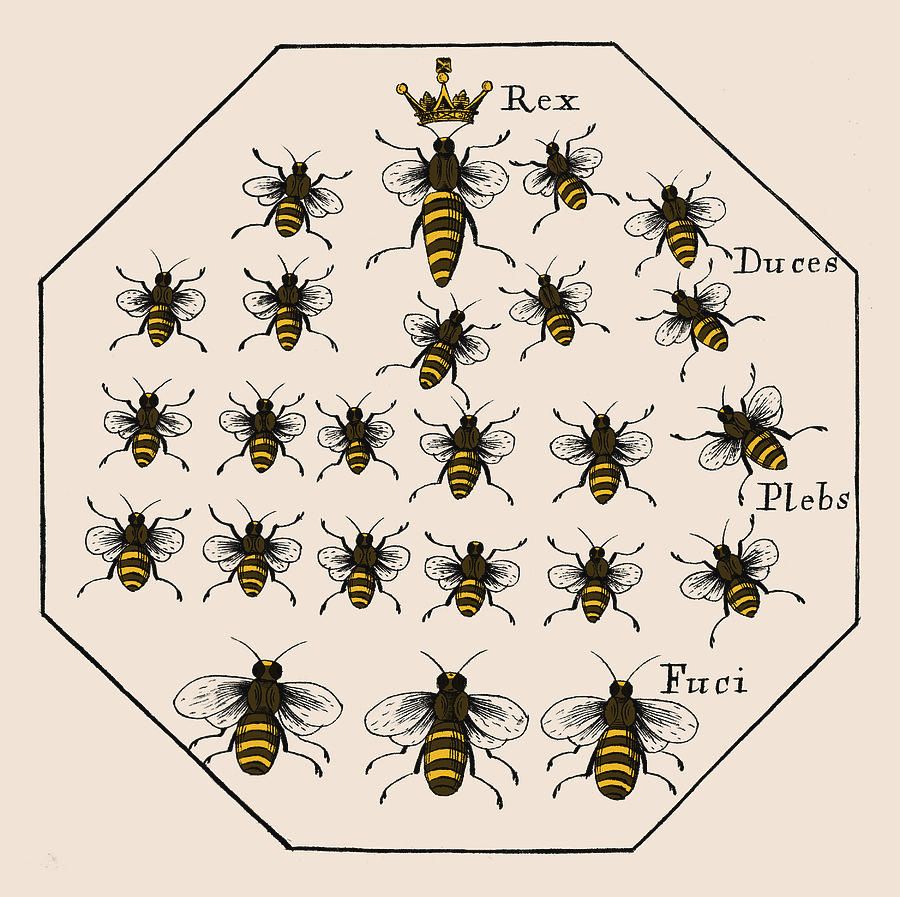DAOs & Their Importance in Creating Stronger Crypto and Non-Crypto Communities

If chances are that mass adoption of cryptocurrency is on the horizon, then DAOs can be pointed to as the bridge between the gap. In previous articles, we discussed what DAOs are. DAO is an acronym that stands for decentralized autonomous organization. To put it simply, decentralization refers to the absence of a central authority. On the other hand, autonomy refers to the capacity of the organization to make an informed, uncoerced decision without the assistance of a body charged with performing such function. Lastly, organization implies that there are explicit rules guiding the organization embedded as codes.
DAO's enhance decentralization by giving the community control over strategic decisions in management. The community here is singular. While a DAO might function towards the smooth running of a singular community, DAOs are equally as important to building a stronger pool of communities.
The Beehive Anecdote
To begin, what is the connection between a DAO and the community?
A community is required for a DAO to function. Communities and DAO are inseparable, like siamese twins. DAOs are thus managed by members of the community through a process known as governance. The governance features made available to a DAO's community account for the DAO's true state. This means that autonomy is relative to the governance features provided by a specific DAO.
Consider this imperfect but useful anecdote about a beehive: while the worker bees wait for a queen, the bees are actively involved in evaluating any queen introduced into the hive. They gather to approve the queen, and if she fails to meet their standards, they collectively decide her fate. The point here is that decisions are made collaboratively in what we can call governance, though the term consensus also fits.
DAOs can be so much more...
Following this anecdote, it is clear that the collective decision is to either allow the queen bee to live or to kill her at the point of entry. Similarly, DAOs can help reduce the occasional fear, uncertainty and doubt introduced into the crypto space by collectively verifying information and determining what every major occurrence could mean for the cryptocurrency space. Aside from that, communities can band together in segments for the benefit of that segment. This can be accomplished through the use of a single DAO platform that brings together communities and provides them with additional DAO features. An example can be found on the Common Protocol platform, which allows communities to interact via threads and other features, discussing and making decisions that benefit the larger community as a whole. Such threads could include NFT-focused projects as one segment and DeFi lending platforms as another - both are groups that share a common interest and are involved in governance.
What lends credence to this is the notion that DeFi and cryptocurrency projects require some form of organization, and if this is the case, decisions should be made collectively or in segments via DAOs, reducing the vices associated with the development of the crypto ecosystem.
These tokenized communities, therefore, gate Segments and ecosystems collectively providing decisions that could be purely economic or, ideally, moral in order to extend the lifespan and reduce risks of that specific ecosystem. It is thus up to DAOs to provide the necessary framework for this to occur. However, what is visible so far can be described as the early stages of DAO development. As DAOs continue to implement governance features that promote decentralization, intra-DAO collaborations become increasingly important in realizing a completely decentralized system.
Another important way DAOs can help communities become better and healthier is by reducing human involvement in fraud and corruption. The initial teams in charge of the development project are quickly disbanded upon completion, allowing the DAO to run on the blockchain via smart contracts already in place by the developers. Through a voting process, every other activity is quickly left to the community's decision. When humans are involved and there is some sort of control, it is normal to encounter issues such as dishonesty and malicious intent, but DAOs eliminate this, resulting in stronger communities. Projections are that DAO technology will eventually supersede the existing internet structure as the pros largely outweigh the cons.
DAOs and Public governance: A possibility
The benefits of DAOs are not constrained to crypto-related activities. Non-crypto communities are free to use this technology. The codes are open source and can be created in a matter of minutes. The use of DAOs has the potential to completely transform more than a community, more akin to transforming countries and continents. Adoption of DAO technology or framework can make a significant difference in developing countries where trust between the populace and the government is generally low. How so? Here are some examples of how DAOs can be used to support governance in third-world and even first-world countries.
Democracy is paramount or can be said to be the dominant system of government in African countries, accompanied by federalism. These systems rely heavily on consensus and agreements, but they are frequently exploited by human involvement, which, as previously stated, can be malicious and corruptive to the system. Consider a scenario in which smart contracts are used to collectively make decisions by the community while working alongside the existing system. For starters, smart contracts are designed with features that ensure anonymity and thus protect governance. As a result, this technology can be used to conduct transparent elections, make legislative decisions, pass bills, and perform a variety of other functions. In the Judiciary, you can use the DAOs as a replacement for a jury, deciding the fate while still being protected.

